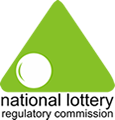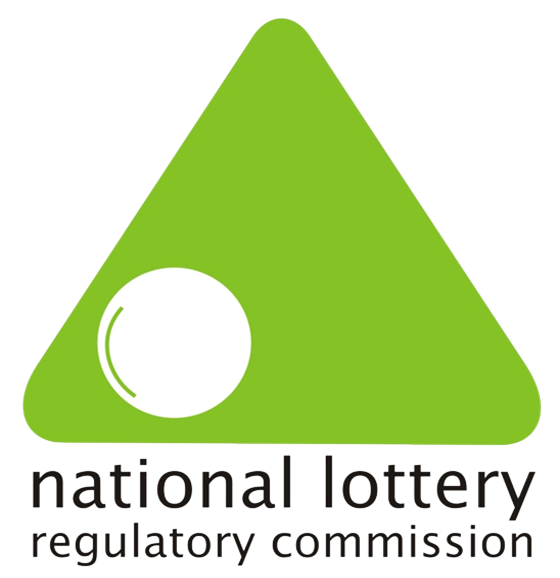
07 Jun Enhancing Leisure through Responsible Gaming
Enhancing Leisure through Responsible Gaming
By Chinyere Odinukwe
Since its inception, lottery/gaming has existed as a leisure scheme integrating a blend of competition, social engagement, and recreational pleasure. These invigorating options are derived through traditional and online platforms such as lottery games like draw-based games and instant win games, sports betting such as fixed-odds betting and pari-mutuel betting, and casino games including table games; poker, blackjack, roulette, and baccarat.
The options are diverse, and some prefer traditional games that are played in physical outlets using cash transactions, while others prefer the thrill of online games that are played on social media platforms using virtual currency.
As global activities progress into different forms of traditional and digital interaction, lottery/gaming in Nigeria has emerged as a popular form of entertainment with a significant threshold of excitement and engagement, with the potential for substantial prizes, captivating millions in the sports betting, lottery, and casino landscape, amongst others.
The entertainment advantages of these lottery/gaming activities are the pleasure of potentially winning a prize, interactions with fellow players, and the anticipation of the draws spiking an adrenaline rush similar to watching a live sports activity. Moreso, it is basically designed to be an enjoyable activity that provides a break from the culture of daily routine.
Consequently, participation in lottery/ gaming as a social activity tends to foster friendship, family bonds and patriotism. Whether sharing the experience of a lottery draw or fantasising a big win- jackpot, it stirs hope and fun in most people during a game.
But it is not just about the entertaining vibe it brings, lottery/gaming presents a substantial amount of economic and social boom such as revenue generation for the government through lottery proceeds, job opportunities from both regulatory staff to operators, and tourism through physical gaming centres that promote Nigeria as a tourist destination.
Socially, the merrier, the more people participate, the more proceeds are collected into government coffers and allocated to national projects for infrastructure development, education, and healthcare, as well as supporting community initiatives and charitable organisations.
In Nigeria, the surge in lottery/gaming, particularly sports betting, has been attributed to the country’s large population and the increasing access to online platforms. Despite the significant impact, it comes with its own challenges, often associated with addictions, raising concerns about its potential dangers, especially among youth.
Therefore, as great popularity comes great responsibility, the National Lottery Regulatory Commission (NLRC), regulates and maintains the balance between entertainment and responsible lottery/gaming practices in Nigeria, licensing and regulating operators, and protecting players’ interests to mitigate gaming risks.
Addressing these concerns, and fostering responsible gaming practices, the NLRC has implemented several policies, which include mandating operators to integrate self-exclusion options, spending limits, and verification of player identity to prevent underage gaming. The Commission also stresses the relevance of public enlightenment campaigns to educate the populace on the risks associated with lottery/gaming, such as addiction and financial loss, to foster healthier entertainment for Nigerians.
Amongst the Commission’s significant strides in achieving this mandate, is through the acquisition of a Central Monitoring System (CMS) for real-time tracking of gaming activities, ensuring compliance, and curbing fraud. Additionally, the NLRC collaborates with stakeholders, including gaming operators, health professionals, and law enforcement agencies, to holistically regulate the industry. It also engages in regular stakeholder meetings, discussing emerging issues, and responsible gaming practices.
In conclusion, by recognising the entertainment value of lottery/gaming and supporting responsible practices, Nigeria can continue to benefit from the economic and social contributions of this vibrant industry. As the industry continues to evolve, offering excitement and economic benefits, the regulator’s role will become more relevant in shaping the future of lottery/gaming in Nigeria. Through sustainable policies and frameworks that prioritise consumer protection, ethical conduct, players’ interests protection, and the integrity of the games, Nigeria can pave the way.


